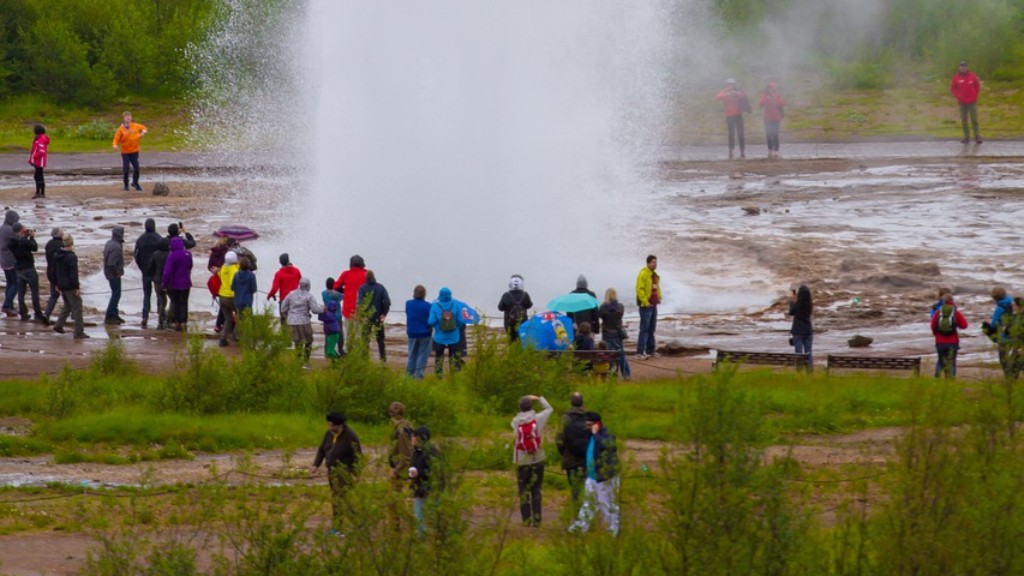Does the Travel Ban Apply to Iceland?
In recent months, the global pandemic has led to various travel restrictions being implemented worldwide. One of the questions that arises from these measures is whether the travel ban applies to Iceland, a Nordic island nation known for its breathtaking landscapes and vibrant culture. While the specifics of travel restrictions may vary from country to country, it is essential to examine the current situation regarding Iceland to better understand the impact of these regulations.
Iceland, like many other countries, has put in place travel restrictions to mitigate the spread of COVID-19. However, these restrictions are not as strict as in some other nations. Currently, travelers from certain countries, classified as low-risk, are allowed to enter Iceland without needing to undergo quarantine or present a negative COVID-19 test result. Nevertheless, all travelers, regardless of their origin, are required to pre-register on the official COVID-19 webpage of Iceland before their arrival.
The travel ban in Iceland primarily applies to individuals arriving from countries considered high-risk due to high infection rates. Travelers from these countries must present a certificate of a negative PCR test taken within 72 hours before departure or go through a compulsory quarantine upon arrival. It is crucial for travelers to familiarize themselves with the latest updates and guidelines provided by the Icelandic government to ensure compliance and a smooth journey.
Experts emphasize the importance of these travel restrictions in effectively managing the spread of the virus. Dr. Anna Bjornsdottir, a leading epidemiologist, highlights that these measures help protect the local population while allowing some tourism to continue. She explains, “Iceland has implemented a balanced approach, taking into consideration the health of its residents and the economic implications of a complete travel ban. By enforcing strict protocols, the country can welcome visitors while minimizing the risk.”
Additionally, it is worth mentioning that Iceland has implemented rigorous testing procedures to identify and isolate potential cases promptly. The country has been conducting extensive testing among its population, which has played a crucial role in keeping the infection numbers relatively low. The combination of testing, contact tracing, and targeted quarantine measures has allowed Iceland to maintain a relatively safe environment for both residents and visitors.
It is important for individuals considering traveling to Iceland to monitor the situation closely, as travel restrictions may change depending on the global and local COVID-19 scenarios. Enhanced precautions and safety measures, such as wearing masks, practicing social distancing, and regularly washing hands, must also be followed to ensure the well-being of oneself and others.
Impact on Tourism Industry
The travel restrictions imposed during the pandemic have had a significant impact on Iceland’s tourism industry, which heavily relies on international visitors. According to data from the Icelandic Tourist Board, the number of foreign visitors in 2020 decreased by approximately 75% compared to the previous year. This decline has resulted in economic challenges for various sectors dependent on tourism, such as accommodations, restaurants, and tour operators.
Measures to Revive Tourism
To revive the tourism sector, the Icelandic government has initiated several measures. Firstly, a strategic marketing campaign has been launched to promote Iceland as a safe and appealing destination once travel restrictions ease. Secondly, financial support programs have been implemented to assist businesses affected by the decline in visitor numbers. These initiatives aim to rebuild confidence among tourists and encourage them to choose Iceland as their travel destination in the future.
Domestic Tourism
While international tourism has been significantly impacted by the travel ban and related restrictions, domestic tourism has experienced a surge. Many Icelanders have embraced the opportunity to explore their own country and support local businesses. This shift has allowed domestic tourism to partially compensate for the loss of international visitors, providing some relief to the struggling industry.
Looking Ahead
The future of Iceland’s travel industry remains uncertain, as it largely depends on the global control and management of the pandemic. Vaccination efforts and advancements in treatment options will play a key role in the gradual reopening of borders and the return of international tourism. Until then, Iceland continues its effort to balance the protection of its residents with the limited influx of visitors that can be safely accommodated.



